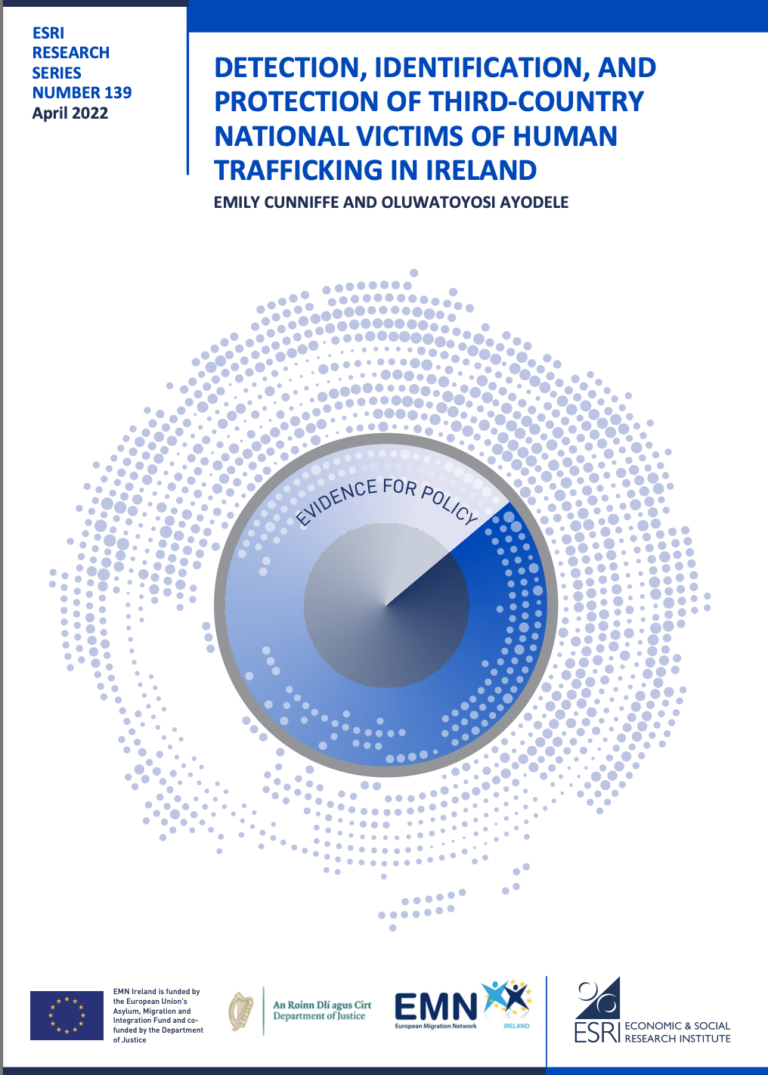The Safety of Trafficking Victims and Service Providers and the Risk Assessment
GuidanceThe aim of the publication is to provide a summary of the risk assessment for the safety of victims of trafficking and for the safety of service providers. In other words, the aim is to shed light on ways to prevent compromising of the safety of tra...Read More

